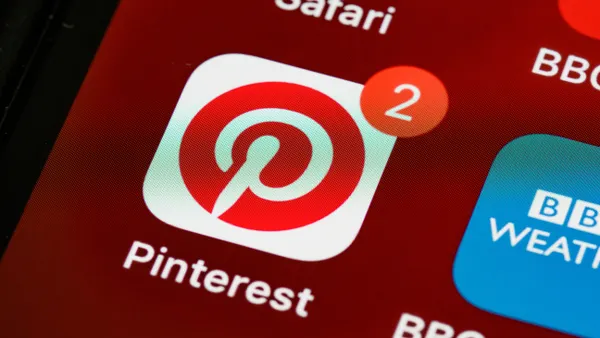Dive Brief:
-
Walgreens launched the "Center for Health & Wellbeing Research" on Tuesday, a website that includes summaries and original documents related to the company’s research efforts over the past six years, according to a company press release. The reports and studies on display have been "published in peer-reviewed medical and healthcare publications, as well as presented at scientific and industry conferences."
-
The website includes information from over 50 Walgreens outcomes studies, including topics that range from vaccinations and HIV to health care costs and patient experience. The team consists of over 25 Walgreens researchers, clinicians, statisticians, public health practitioners, actuaries and data scientists, according to the release.
-
The effort includes partnerships with several academic institutions, including Johns Hopkins Medicine and the Johns Hopkins Bloomberg School of Public Health, as well as the Scripps Translational Science Institute, the University of California, San Francisco School of Pharmacy and the University of Chicago Medicine.
Dive Insight:
As Amazon eyes the pharmacy business, big pharmacy players like Walgreens and CVS could have reason to worry.
Coming off of a failed merger with Rite Aid that collapsed in June, Walgreens’ launch of the Center for Health & Wellbeing Research could be a good bid for more marketshare, or at least a good tactic for drawing customers’ attention back to the store. Indeed, the launch seems like a good way to develop a reputation for transparency with its customer base — a quality that millennials are valuing more and more.
"Our goal is, through scientific research, to help improve patient care and outcomes while lowering health care costs," Harry Leider, MD, chief medical officer and group vice president of Walgreens said in a statement. "We are dedicated to providing value to health care on a national scale and the Walgreens Center for Health & Wellbeing Research will showcase the work we are doing every day to advance that mission."
In addition to providing customers with an easy, transparent way to see what the company has been researching, it also helps to develop a larger brand message — something that Gen Z values in a big way. According to a study by the IBM Institute of Business Value and the NRF, 55% of Gen Zers choose to purchase from brands that are eco-friendly and socially responsible, demonstrating the importance of a message that goes beyond just retail.
One need not look much further than the causes supported by Patagonia and REI to see the effects that a strong brand message can have on customer loyalty, especially with millennials and the up-and-coming Generation Z. Considering Walgreens’ popularity with older generations — over 20% of its mobile app users are 55 and older — the retailer’s decision to make its research available to customers could be an attempt to increase its popularity with the two younger generations.
Even if that’s not the pharmacy retailer’s aim, Walgreens stands to gain from making its research public to customers.














